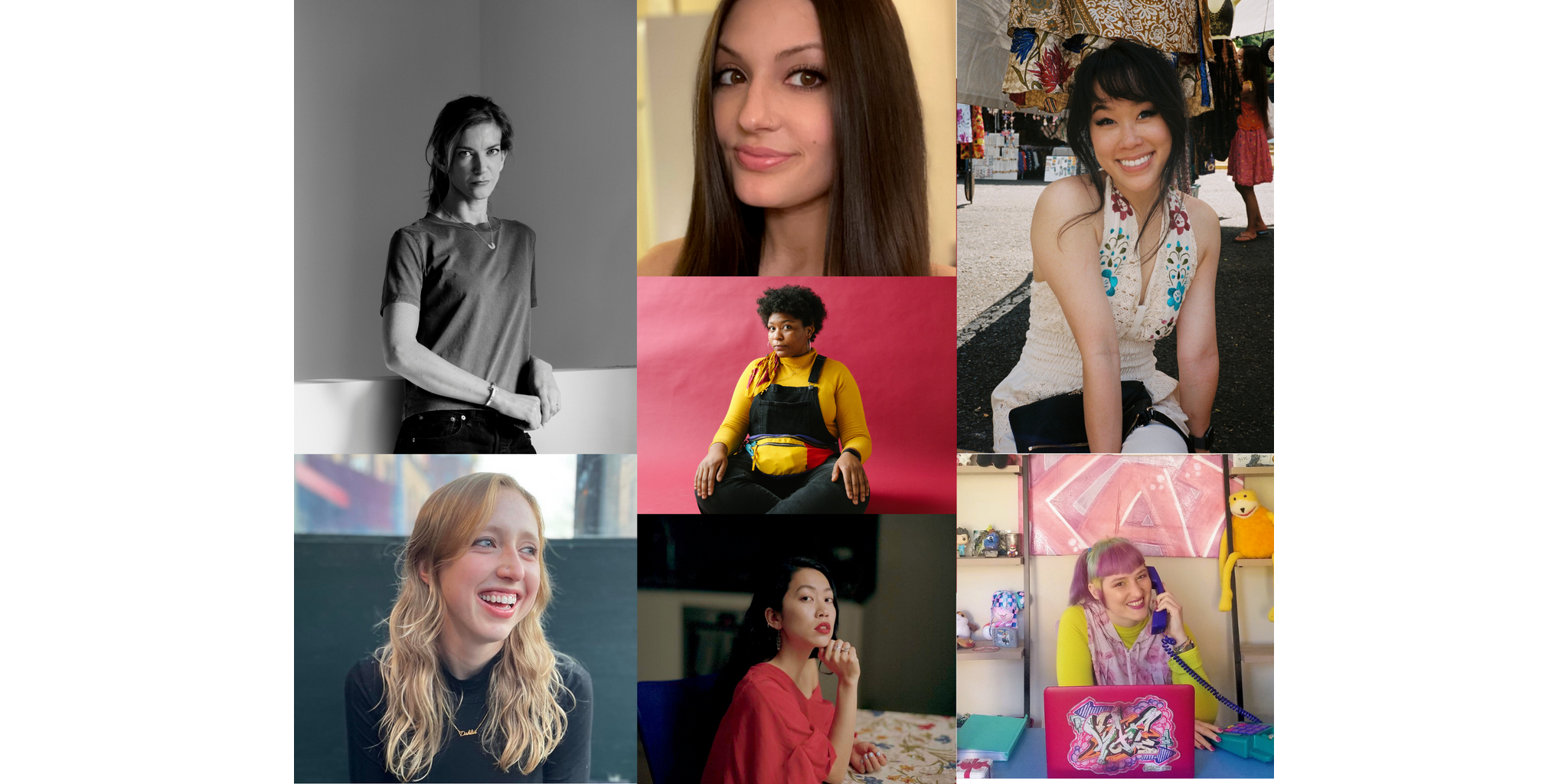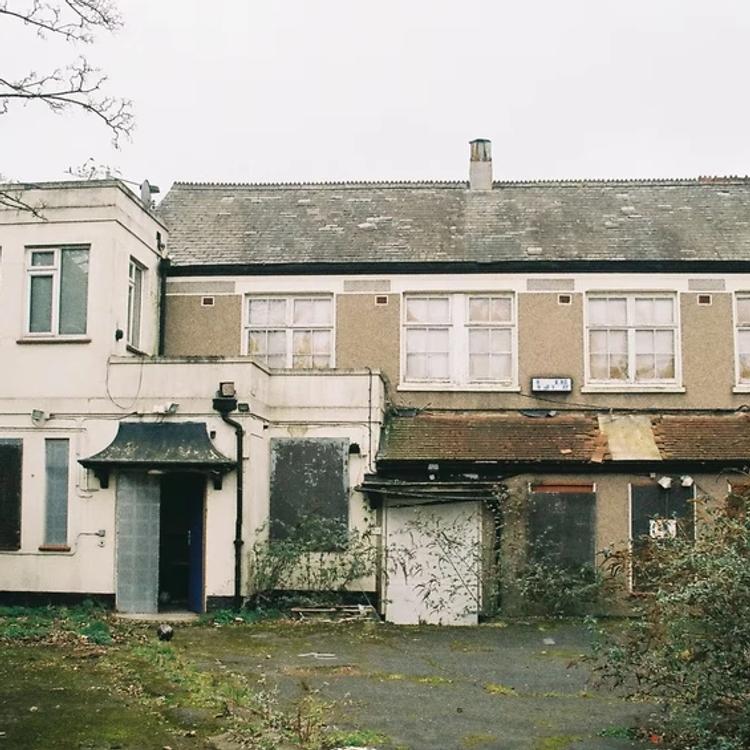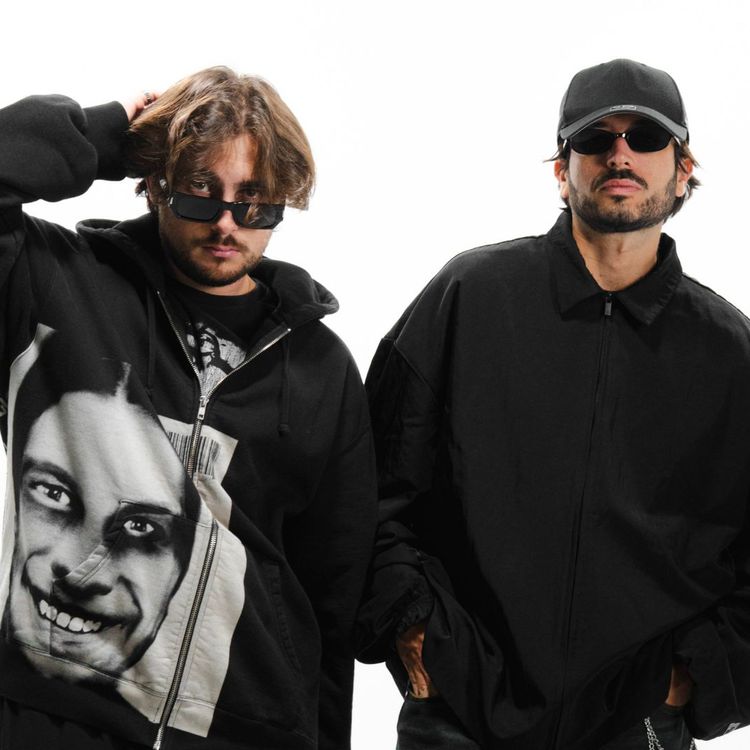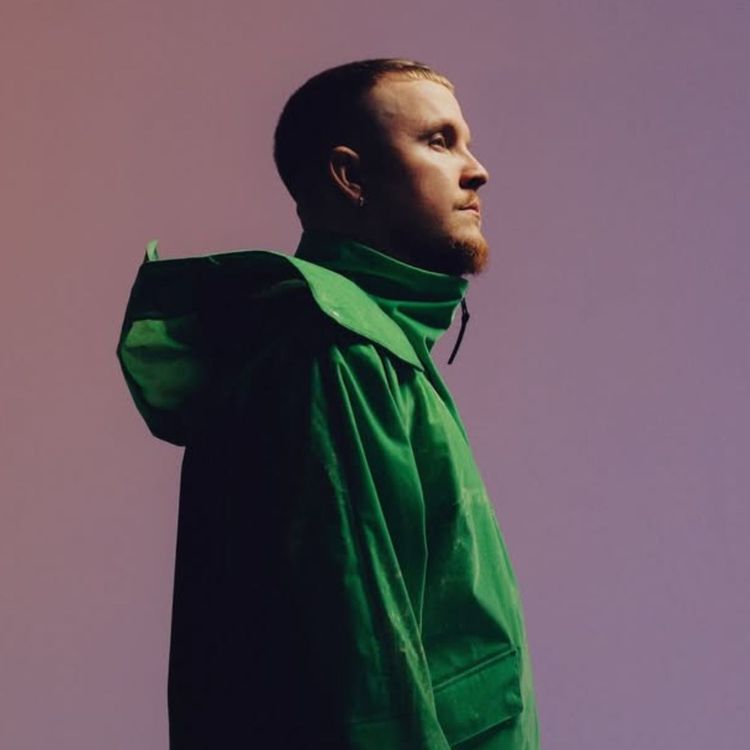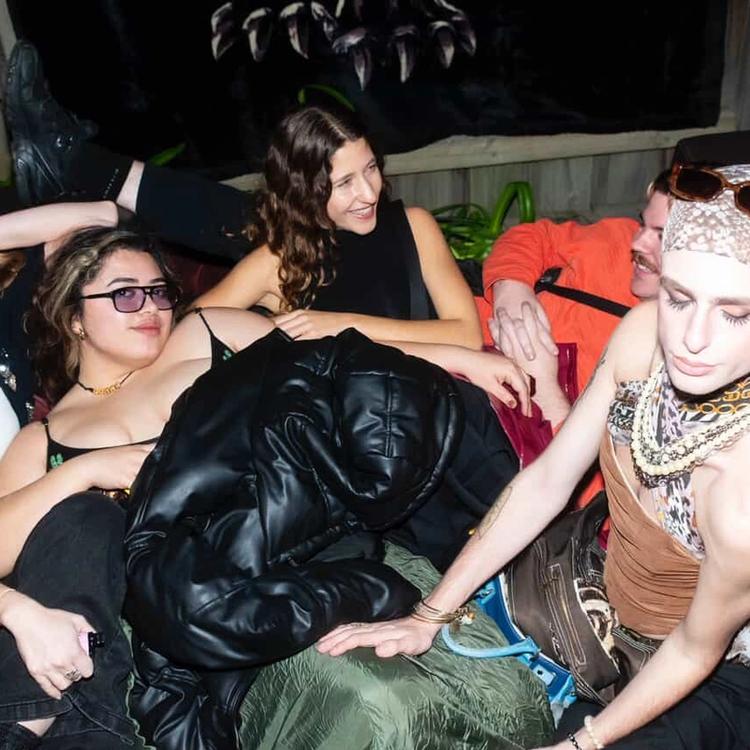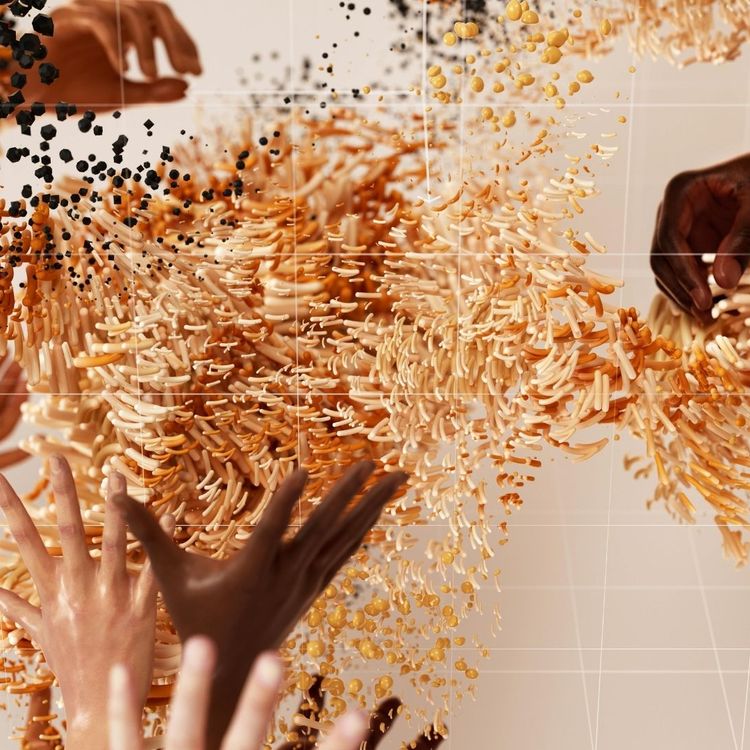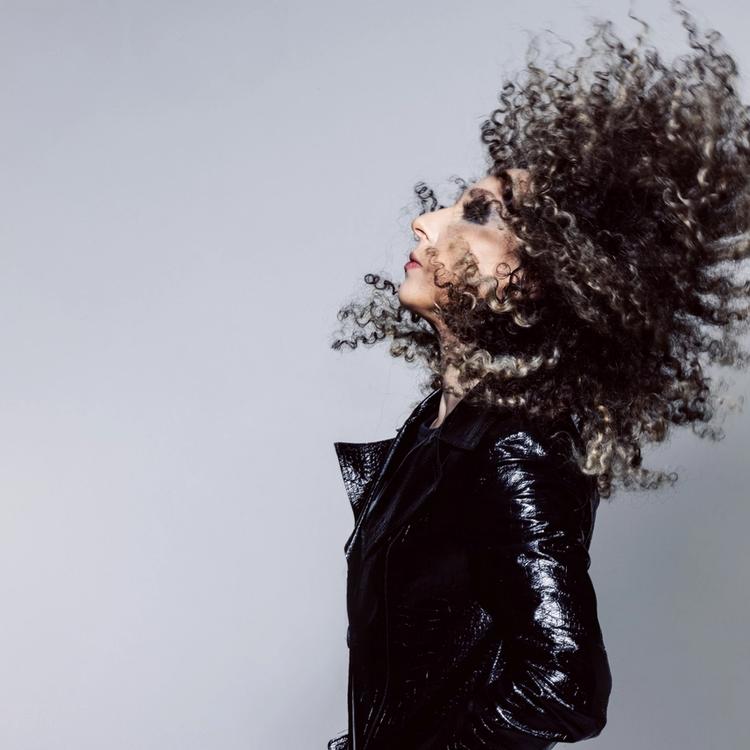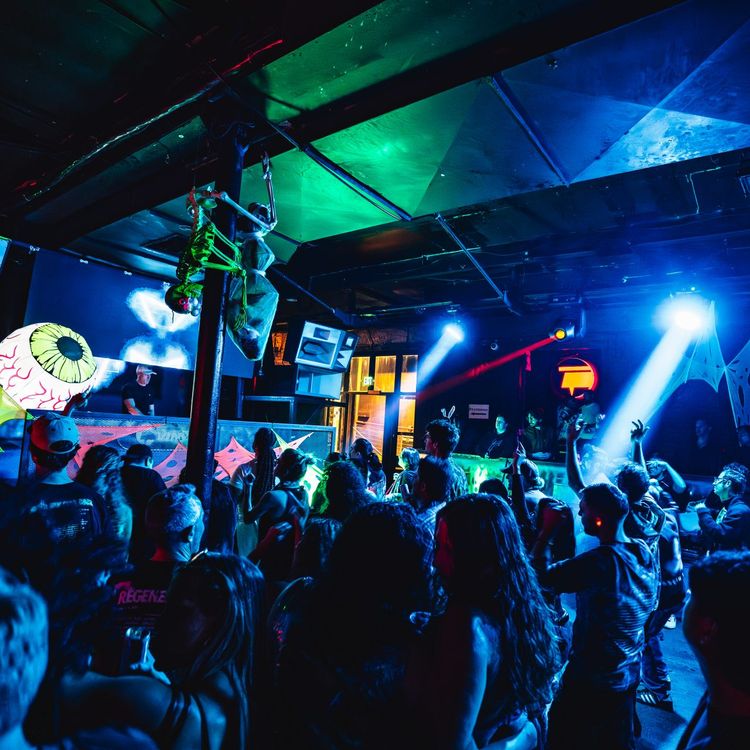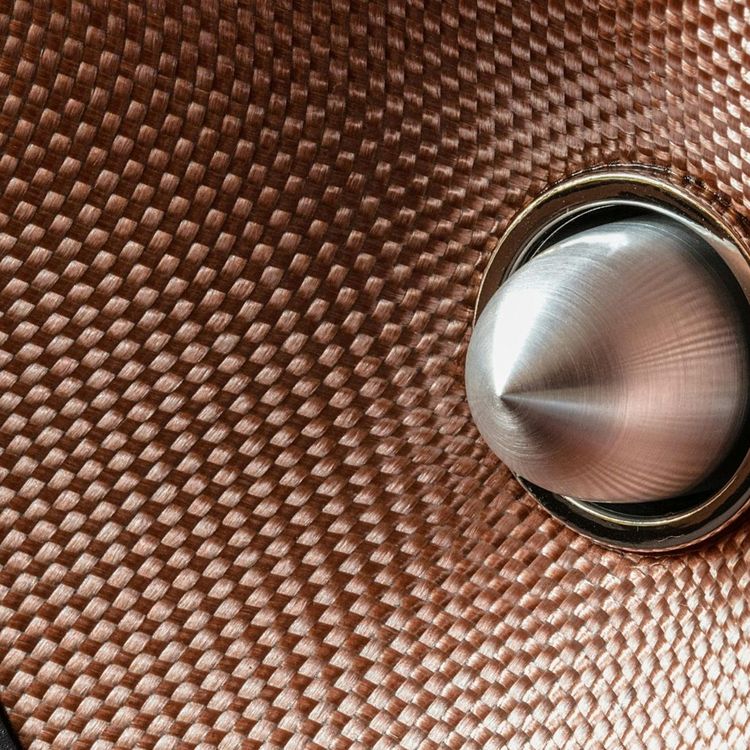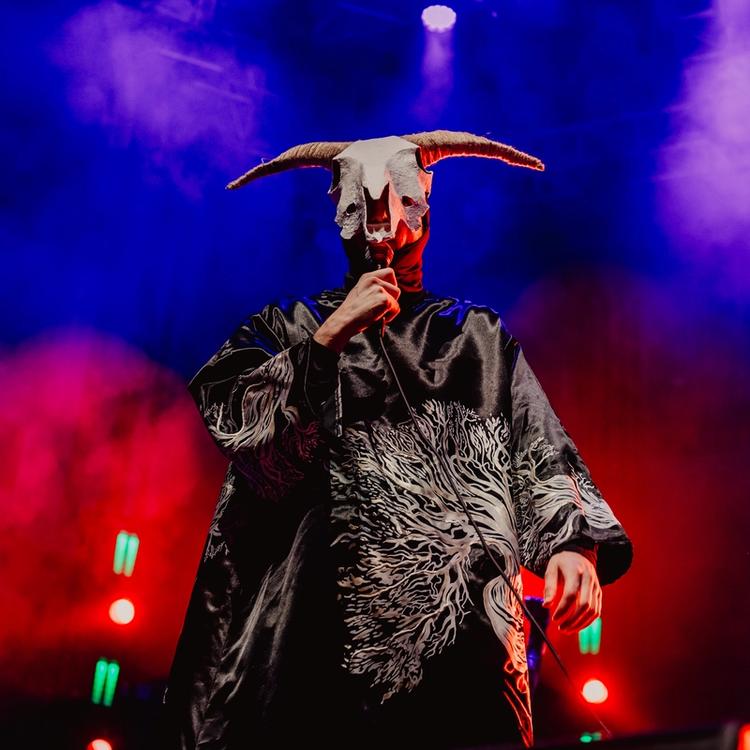Taking Notes from 7 Influential Women in Dance Music Journalism
Whitney Wei, Kat Bein, Annabel Ross, and more give insight on how we can support women journalists in dance music.
A year and a half of lockdown didn’t necessarily shutter the music industry entirely, despite how it seemed. Artists still made music, new records were released, and careers flourished throughout the pandemic. And with no events to inform their perspective, dance music fans and industry professionals turned to publications more than ever to understand what was going on in the music world. It was an incredible time for discovery.
That being said, music journalism remains one of the most thankless (and often underpaid) jobs in the business, regardless of the work being an integral part of the industry’s ecosystem. And at its forefront are talented, passionate women who care deeply about dance music and the people in it.
Whether sharing stories from underrepresented artists, reporting on delicate news, giving strong opinions, or critiquing new releases, these seven dance music journalists perpetually set the standard.
Ebony Anderson-Brown

Editor-in-Chief of HangTime Magazine || Former Editor-in-Chief of CLUBJERSEY.net
If you could give yourself advice for when you started in journalism, what would it be?
Always be confident, and don’t let your age or gender get in the way of doing the work! When I first started, I was very young. At the time, I was already so insecure and constantly doubted myself. I always felt like I needed to be older or a man to be in certain rooms, but building confidence definitely helped me. It’s all about standing your ground.
How can we empower other women music journalists?
To empower other women music journalists is to uplift them and show support. Nine times out of 10, they’re wearing multiple hats to get the job done but rarely get the flowers they deserve. The work alone is a lot to commend anyone for doing, but as a woman, there are times when I am being left out of the equation because the music industry is still predominantly men. I believe that women music journalists add value in a lot of conversations, and their input should be shared and amplified as much as it is for our male counterparts.
Who are your favorite women journalists in dance music right now?
I don’t know her personally, but Isabelia Herrera, an Arts Critic Fellow at the New York Times, is a new favorite. She recently wrote a piece on the Dweller Festival that immediately caught my attention. Another journalist is Suzy Exposito at the LA Times, who covers a lot within music, not just dance.
Follow Ebony on Twitter and Instagram.
Whitney Wei

Editor-in-Chief of Resident Advisor || Former Editor-in-Chief of Electronic Beats
If you could give yourself advice for when you started in journalism, what would it be?
Invest in yourself and subscribe to a magazine whose writing you respect—not necessarily music-related. When I was living in Brooklyn, just dipping into my career, I lived with my best friend, a film and literary critic, who subscribed to the New Yorker. The volume of the weekly issues was so overwhelming that we always had plenty to read and discuss on our commute into Manhattan.
Ironically, I forgot all about the enrichment provided by these magazine subscriptions when I moved to Berlin to commit to being a full-time, freelance journalist. In the first two years, there were moments I could’ve used something in print, on hand, with a wider perspective, to inspire my writing. I’ve since picked the habit back up, but I’d have told myself to do this right off the bat—and to supplement these issues with fiction to enliven my observational prose. Quality reading begets quality, confident writing.
How can we empower other women music journalists?
The argument of representation here is definitely one step towards empowering other women journalists. Seeing the byline matters, but seeing who heads an editorial team also matters. As someone currently in a position of power, I often think back to all of the women editors who took a chance on me and honed me to become a better journalist under their review.
The editor-writer relationship is a formative one for all parties involved, for the quality of the copy and the overall quality of the publication. Now, I’m paying it forward. Most of the section editors and senior staff writers on my team are women, and a majority of the freelance writers with whom I work are women. Having this kind of representation on all levels of the editorial ladder and having women be—in part—responsible for another woman’s personal, professional growth, is incredibly empowering for all involved.
Who are your favorite women journalists in dance music right now?
Günseli Yalcinkaya, who is currently at Dazed, is one of my favorites and someone I’ve been lucky enough to work with. She doesn’t exclusively write within dance music, more at the intersections of art, fashion, internet culture, and more. Last year, she penned a trend piece for Resident Advisor on the rise of medieval-themed raving. She often has this very mordant insight into music subcultures that is both rare and refreshing, such as her recent coverage on the rise and fall of hyper pop. Plus, she’s a lovely individual.
Then there’s also Bianca Giulione, freelance and formerly of Highsnobiety. She’s really carving her own path as half music journalist, half spiritualist who is starting her own tarot and holistic healing consultancy. I commissioned her for The Ultimate Raver’s Diet piece for RA’s wellness month in January, and she did a stellar job researching and reporting. Generally, I gravitate towards journalists at the nexus of various interests, not only dance music, because these other disciplines inform their perspective on music storytelling in unexpected ways.
Follow Whitney on Instagram.
Kat Bein

Assistant Digital Editor at Modern Luxury || Former Editorial Director of Festival Insider || Freelance Journalist at Billboard, SPIN, Miami New Times, etc.
If you could give yourself advice for when you started in journalism, what would it be?
I’m a big fan of Nardwuar, and he has some great advice: Just ask. Whether it’s sending a cold pitch to a new editor, reaching out to a big act for an interview request, or sending a request to cover a local event or festival, there’s literally no harm in asking. Worst case scenario, someone tells you no or doesn’t bother to answer. No one was hurt in the process, and you’re likely to get a yes or at least learn something from the experience.
You work for your editor. It’s not the other way around, and you work for no one else. Artists and publicists don’t send you checks. Your editor does, so keep in mind that what your editor asks of you is the only ask that matters. Take your word count seriously. If you overshoot and your editor cuts a bunch of work, don’t cry about it. You had the chance to control the story, and you gave that up to someone else. Also, be open to criticism. A good editor will make you a stronger writer, and a bad editor will still teach you something about making your work stronger. If someone doesn’t understand what you’re trying to get across, that’s not on them. It’s on you to write with clearer concision. Find better words.
Be reliable, and be on time (at least, don’t blow your deadline until that editor, really, really knows you’re good for it). Clean copy delivered on time will get you soooo many callbacks. Copy that is just okay but delivered on time will still get you more work. Reliability and timeliness are things far too few freelancers and journalists are bringing to the table.
If there’s something in the field you want to do and no one is hiring you, do it yourself. Start a podcast, start vlogging, start a newsletter, start a blog. Prove to the world that you’re capable of creating the content you’re most passionate about, and people will start identifying you with that content.
If you’re making 10k or more annually on freelance work, start a sole-proprietorship LLC. You’re going to save A LOT of money in taxes. Get a good accountant, too. It’s worth it.
Beyond prepositions and the like, try not to repeat words in your story. Try not to start all your sentences with the same words. Pay attention to your internal cliches. What phrases and sentence structures are you relying on? Try to switch that up from time to time.
You don’t have to refer to musical styles by their given genre. Come up with your own way of describing sounds. That way, you don’t “piss anyone off” by “getting it wrong,” and it’s a lot more memorable anyway.
How can we empower other women music journalists?
The best thing we can do is help each other get paying jobs. If you see an opportunity and know someone who would be good for it, give them that info or put them in touch with the recruiter. Also, we all deserve to make more money. Never ever take a job that doesn’t pay, and don’t be afraid to raise your own prices. Also, don’t be afraid to talk about your rates with others. I have watched a man with a couple of years of experience get hired and immediately get paid more than a woman who was on staff for like 6+ years. Also, easy stuff like sharing each other’s work, being friendly and encouraging, and subscribing to each other’s platforms.
Who are your favorite women journalists in dance music right now?
I have to give it up to my name-twin and BBDance editor, Katie Bain. It’s an honor to be confused with her (but also, please stop doing that). My old Thump editor Michelle Lhooq has an incredible newsletter called Rave New World. Lily Moayeri does incredible work across all genres. She has a great podcast called Pictures of Lily and has become a wonderfully supportive colleague. Dani Deahl can write about the tech and business side of dance music with masterful deftness and clarity. Gabriel Pharms currently works with me at Modern Luxury and doesn’t just do music journalism but is still slaying music content regardless. My girl Brittany Gaston always does a banger job when she gets behind the keyboard. I’m super impressed with the sentences coming from my friend Alli Lindsey right now. Megan Venzin is smashing it over at DJ Mag and is also super fun to party with. Annabel Ross does great work and always takes care to address the important topics of our time. Lisa Kocay brings a lot of fun to her writing. Valerie Lee isn’t technically working as a journalist all the time anymore but still does great work whenever she gets on camera or behind the keyboard and is also putting in work for dance music at Twitch. Aurora Zboch is really nice and has a great handle on storytelling—and the writer behind this piece, Arielle Lana LeJarde, knows how to tackle complicated subjects with graceful poise and strong prose!
Follow Kat on Twitter and Instagram.
Annabel Ross

Winner of the 2021 Drum Award for Best Investigative Journalism || Freelance Journalist at Resident Advisor, Mixmag, The Guardian, etc.
If you could give yourself advice for when you started in journalism, what would it be?
Read, read, read. Think about what you want to say and try to develop your own voice. Know that this career path will probably never make you rich, ha. Try and develop complementary skills — photography, video, audio. Think critically about the work you’re doing.
How can we empower other women music journalists?
I think the best thing women journalists in electronic music can do for each other is support each other and especially try to amplify WOC writers and other minority voices. Traditionally there haven’t been many women journalists in dance music, which I think leads some to become territorial or competitive. We’re all on the same team! There’s room for all of us.
Who are your favorite women journalists in dance music right now?
There are so many of my peers doing great work. Nyshka Chandran and Kiana Mickles at RA. Isabelia Herera. Shiba Melissa Mazaza has been doing an incredible job covering the South African music scene. Christine Kakaire. Tara Joshi. Chal Ravens is always class, ditto Kate Hutchinson. Christine Ochefu. I also love to see young writers and editors like you and Melisa Yuriar coming up (yes I’m talking about you, Arielle!) It’s really exciting to see you taking on important topics at EDM publications and introducing your readers to different artists and ideas.
Follow Annabel on Twitter and Instagram.
Jina Kim

Owner of Sidewalk Talk EDM || Photographer at C-Heads Magazine
If you could give yourself advice for when you started in journalism, what would it be?
I would tell myself to stop overthinking everything. I never thought I earned the “journalist” title because EDM/Sidewalk found me. I was working as a foreign exchange sales trader and my boyfriend (and now fiancé), a new music producer at the time, introduced me to Sidewalk Talk EDM. I quickly fell in love with EDM and its community, so my only goal was to introduce incredible people in the scene to the world. I still haven’t reached the level of confidence I would like and still overthink everything I do, but I hope I can showcase the amazing personalities I’ve met in their most genuine form.
How can we empower other women music journalists?
Always being there for each other. Even if we’ve never met or talked to each other, I want women to know I support them and am here to listen and support them in any way I can.
Who are your favorite women journalists in dance music right now?
Lauren Engel, even though she’s no longer a music journalist, she taught me everything I know, and I respect her so much, Arielle Lana LeJarde, and Kat Bein.
Follow Jina on Twitter and Instagram.
Rachel Narozniak

Managing Editor of Dancing Astronaut || Music Editor at Crust Nation
If you could give yourself advice for when you started in journalism, what would it be?
I’d impress upon my younger self the importance of developing a more supple vocabulary because I believe this is a way to forge your own distinctive voice. When I started out in music journalism, I had no experience. I’d written a smattering of arts & culture, lifestyle, and events features for my university’s newspaper, The Daily Targum, but I wasn’t accustomed to writing music news and track posts—music journalism’s bread and butter.
As I worked to adapt to this new genre of writing, I was preparing to enter my master’s program in English. I noticed that the preliminary reading I was doing was expanding my vocabulary, and I found myself using a broader net of words to capture what I was trying to say in my track posts and features specifically. Having a broader net of words to pull from made my word choice more intentional. By choosing to describe something one way vs. another, I was developing my own voice. So, I worked to build up my vocabulary further.
An artist’s project is going to be covered by writers across outlets, many of whom will express the same ideas as you. However, how you relate these ideas is a means of differentiating and developing your voice. Increasing your vocabulary level enables you to convey your thoughts in a more creative and idiosyncratic way that will ultimately help you in your efforts to establish a voice and authorial identity all your own. And this becomes all the more important considering that much of music journalism is creative writing. I didn’t realize this or appreciate its power when I started out.
How can we empower other women music journalists?
We can empower other women music journalists by being more thoughtful about diversifying the contacts with whom we share opportunities. Have you sent the same writer in your Rolodex new writing-related opportunities when you see these opportunities, or have you made the effort to recommend other writers you know to diversify who receives your referrals? This is a people-centric industry, and many opportunities come from who you know and the relationships you form. When we have the chance to recommend someone for a journalistic role, it is important to ensure that we are using this chance to give women, especially women of color, an opportunity that might not be easy to come by given the male-dominated nature of the dance industry specifically.
Who are your favorite women journalists in dance music right now?
Kat Bein, Katie Bain, Jaguar Bingham, Paige Sims, and Danyel Smith.
Follow Rachel on Twitter and Instagram.
Lisa Kocay

Contributing Writer at ForbesLife, Festival Insider, and Gray Area
If you could give yourself advice for when you started in journalism, what would it be?
Take in content before creating content. I wasted so much time staring at a blank screen, trying to figure out what to write. That being said, there are days when there is no creative spark, and it’s okay not to write on those days—don’t beat yourself up over it.
How can we empower other women music journalists?
Read their work and support one another by sharing it on social media. When it comes to women of color in journalism, educate yourself on microaggressions, your own whiteness, and unconscious bias. It’s also important when supporting minority artists to learn how to pronounce their names, understand your privilege, and acknowledge your mistakes. In addition, understanding vocabulary such as misogynoir, non-binary, pronouns, chosen names, and more are important.
Who are your favorite women journalists in dance music right now?
Kat Bein, Katie Bain, and Arielle Lana LeJarde.
Follow Lisa on Twitter and Instagram.
Words by: Arielle Lana LeJarde
